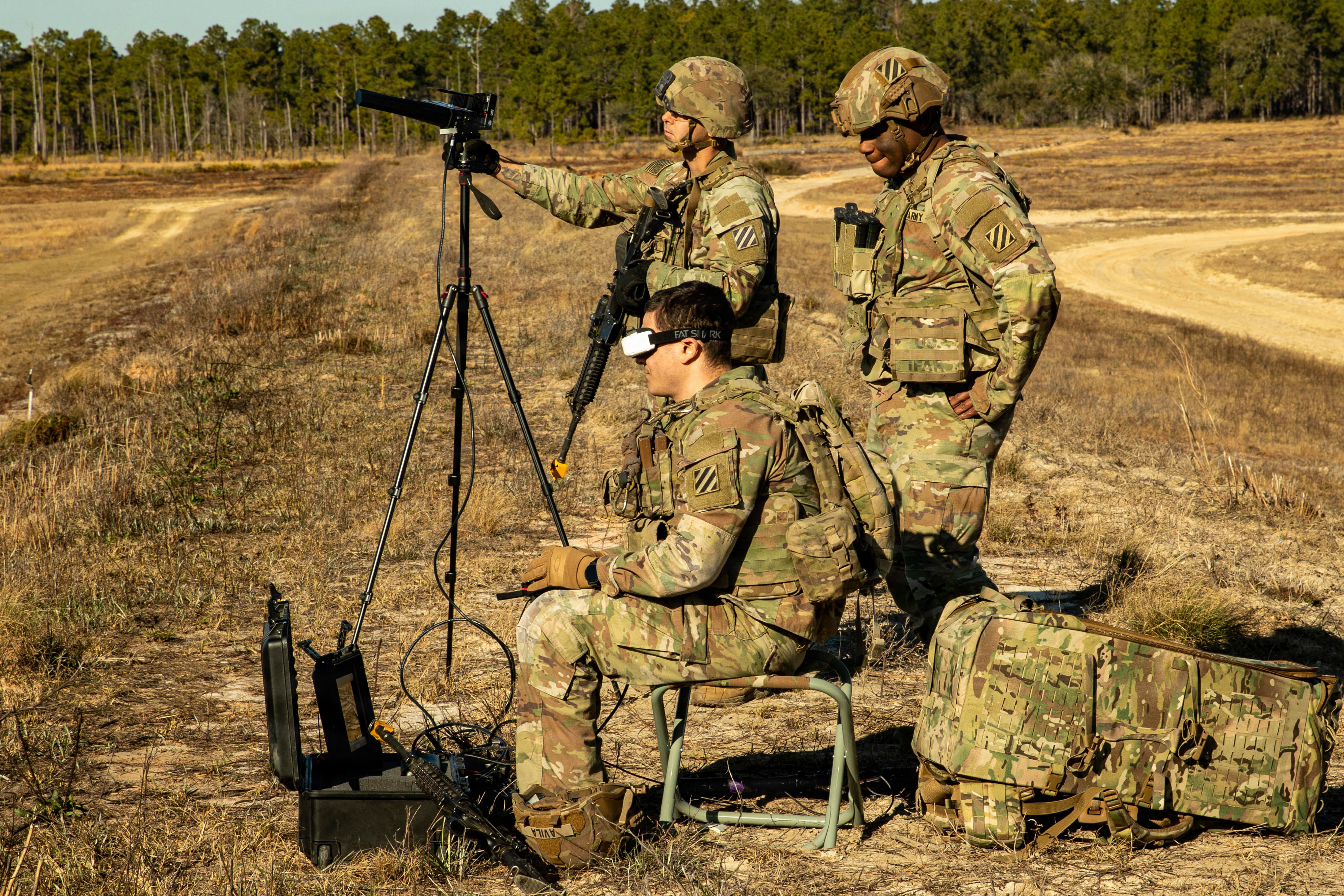
At Travis Air Force Base in California, a furloughed civilian Air Force employee and her master sergeant husband slashed their spending to weather the loss of her paycheck during the government shutdown. Yet as the end of October approached, they faced a looming problem: their double mortgage payment.
The couple has not been able to sell their house in Texas without taking a loss since they changed duty stations to Travis last year. They’re able to rent their home in Texas, but the rent check doesn’t come in until the eighth of each month and both mortgages were due Nov. 1.
The civilian spouse, granted anonymity for this story, said she has missed two paychecks since the shutdown began Oct. 1, or roughly $4,000. And up until Oct. 29, the Pentagon hadn’t finalized plans for how it would fund troops’ Oct. 31 paychecks.
“We’ve been focusing on really trying to buy the bare necessities, and even that is a stretch,” she said. “We didn’t know if his pay was coming in, so that was the struggle. … Not knowing if we’re going to be able to pay the mortgage, that’s the scariest part.”
In the end, Active-duty Airmen and Guardians were paid and the Travis couple was able to make their mortgage payments. But for the tens of thousands of military spouses who work as civilians for the federal government, the financial strain of the shutdown is growing.
“It’s been such a vulnerable place to be in, especially not knowing if backpay will be available to us as furloughed employees,” the spouse said. “To top it all off, there’s worry that there won’t be a job to go back to with all the reductions in force happening and layoffs being threatened.”
The Trump administration has sought to fire some 4,000 furloughed workers, according to media reports, though those moves have been challenged in court. Trump has also threatened to deny retroactive pay, something Congress has approved after previous shutdowns.
“It’s been very hard on our family … not knowing what is next,” the Travis spouse said.
A 2025 research report from Syracuse University’s Institute for Veterans and Military Families estimated that around 58,000, or 10.3 percent, of 561,000 Active-duty spouses work for the federal government. The Government Accountability Office used 2021 data to estimate that about 46,000 military spouses work for the Department of Defense or a related entity.
For more than a month now, many of those families have had to adjust from a dual-income household to a single-income one.
Some families are in decent shape to cope, according to one furloughed Space Force spouse, also granted anonymity for this story. Her husband is a Space Force officer, and they live at Schriever Space Force Base, Colo., with their three young children. She said her family “is extremely fortunate” because they have savings to supplement her missing federal paychecks.
“Our family has tightened the belt buckle for sure,” she said. “We’re living in part on our savings right now, because you almost can’t afford to live in Colorado Springs on one income.”
But they weren’t always so prepared, she said. During the couple’s last permanent changes of station, the spouse said they still owned a house in Springfield, Va., and had just closed on their home in Colorado Springs.
“We had two mortgages for two and a half months,” she said. “If that same thing was happening right now … and we had just put a down payment on a new house, I mean, God, we would be in a bind.”
Seasoned military spouses offering advice on social media sites stress that military families need to have three months of savings set aside and a stocked pantry since shutdowns are becoming more and more of a reality of military life.
Not every family can manage that, though.
“We actually were in the situation where we would always have at least three months in savings,” the Travis spouse said. But the couple used most of their savings to put a significant down payment on their current home.
“That’s where we kind of feel if we bit ourselves in the butt because now we’re like, we should have still saved more money, but then our mortgage would have been more each month,” she said.
Mortgages aren’t the only stress. Child care is another major expense. The couple receives a $437 monthly childcare allowance, but they pay an additional $970 for their off-post military-approved Family Child Care provider “because if I don’t pay, my daughter loses her spot, and I don’t want to be in the situation where I pull her out, and then I don’t have a trusting person to watch her.
“I’ve been taking her most days to get stuff done around the house, and I’ve been applying for jobs,” she added. “I’ve applied to just about all of those places like Uber, Amazon Flex—all of those things that I can kind of just get up and go and do, but all of them are on a wait list.”
The hardest part of coping with the shutdown for her is missing support from her and her husband’s families who don’t live nearby—a common challenge for military families.
“We would be going over for dinners,” she said. “If we were home and surrounded by our family, it would probably take the burden away a little bit just because we would have more support nearby. But we don’t have that, and that makes it a little bit more difficult.”
For some families, the shutdown is already impacting how they prepare for an upcoming PCS, said the Schriever spouse. To prepare for their scheduled move next summer, her husband temporarily stops contributing to his Thrift Savings Plan for retirement for at least six months to have cash to cover moving expenses such as damaged furniture.
“You don’t ever get fully reimbursed for a move,” she said. “The last time we moved, they broke thousands of dollars of our furniture and offered to repay us like $300.”
But now, instead of putting that money aside, it will likely go to cover living expenses.
“I bring that up because if we’re not getting paid, it’s not even an option … so people who think that this is a ‘now’ issue are blind to the idea that this will affect our family in June when we take our next family move because we will not have been able to put the money away,” she added.
Still, she stressed that her family’s situation is far better than many younger military families going without one spouse’s paycheck during the shutdown.
“I cannot imagine how it would feel to be like an E-5’s family or an E-4’s family right now and hear an officer’s family at our stage in life complain about anything,” she said.
The post Airman and Guardian Families with Furloughed Spouses Feel Shutdown Strain appeared first on Air & Space Forces Magazine.

Personnel, Air Force, government shutdown, Space Force, spouse employment, Travis Air Force Base, USAF
Air & Space Forces Magazine
[crypto-donation-box type=”tabular” show-coin=”all”]





